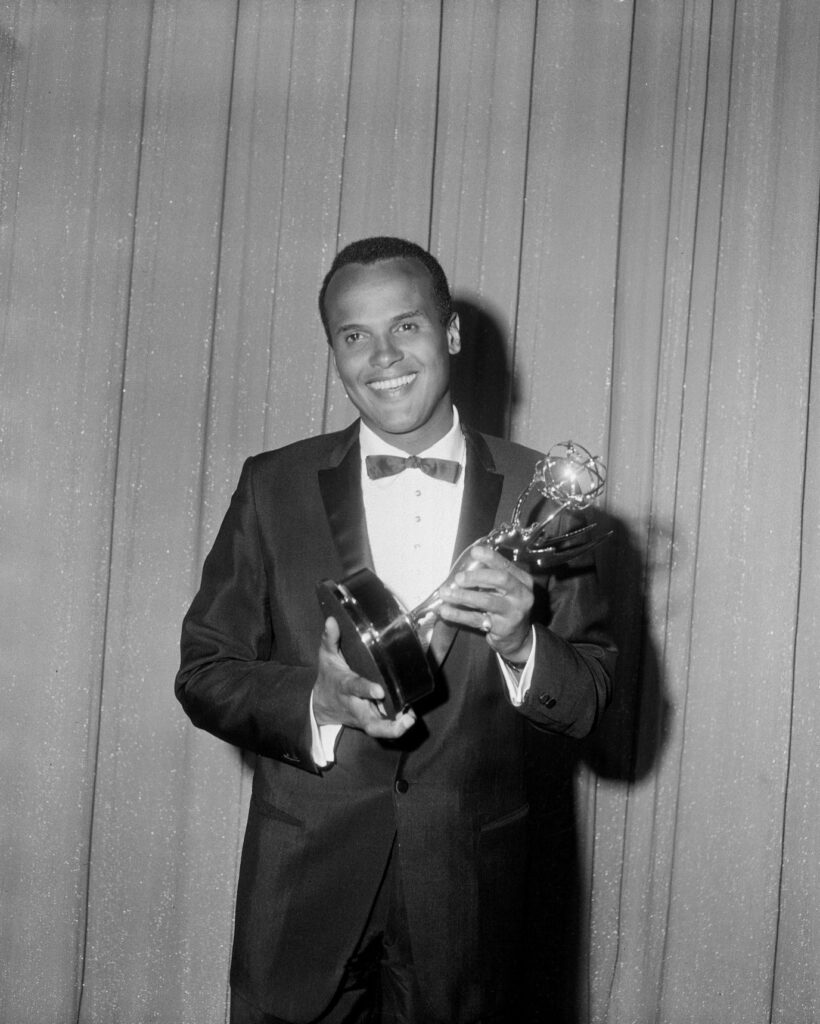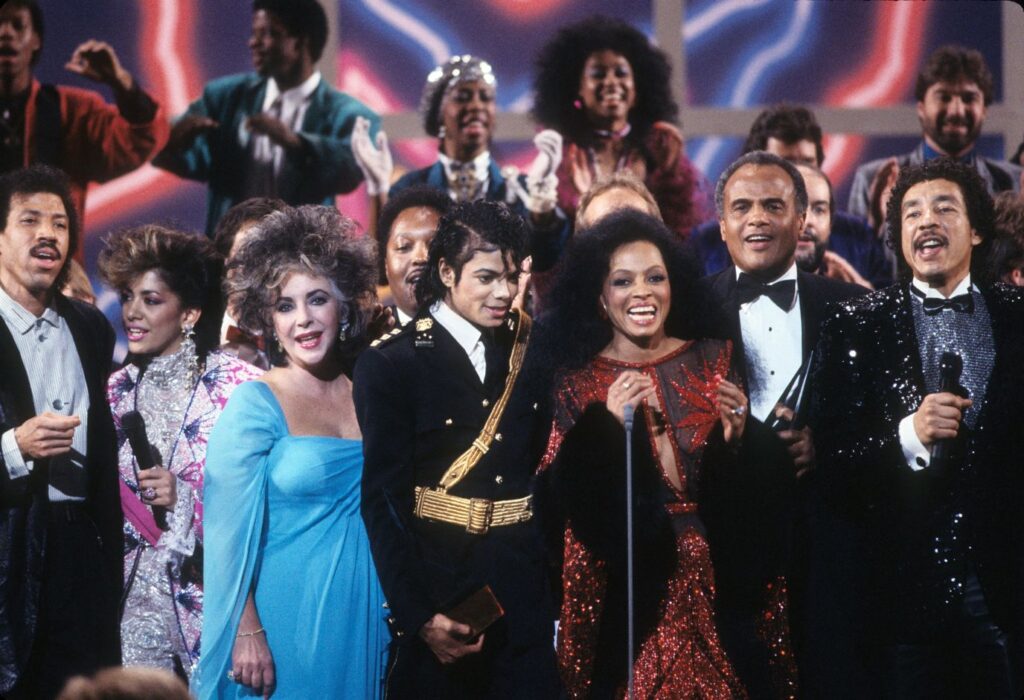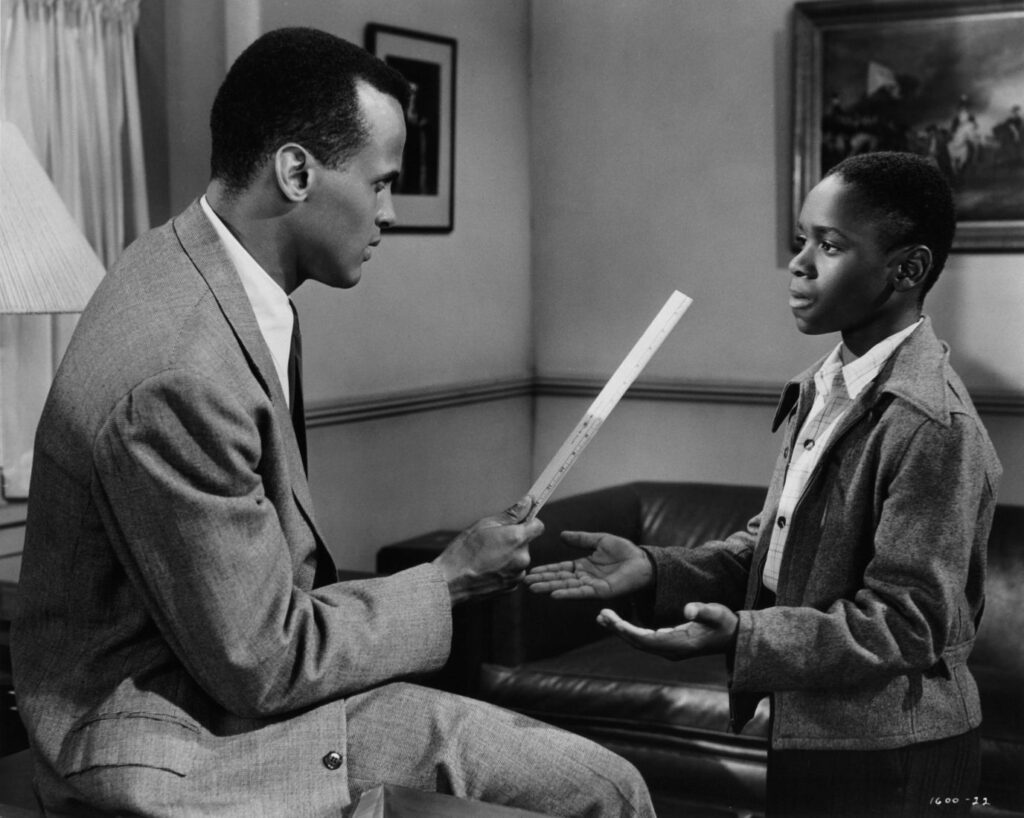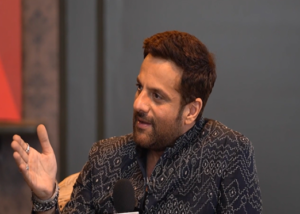How Harry Belafonte Broke Barriers and Changed the World with His Music and Activism
The world has lost a legend. Harry Belafonte, the singer, actor and activist who broke down racial barriers and fought for social justice, passed away on April 25, 2023 at the age of 96. He died of congestive heart failure at his home in Manhattan, New York.

Belafonte was born in Harlem in 1927 to immigrant parents from Jamaica. He spent part of his childhood in his parents’ homeland, where he was exposed to the rich musical traditions of the Caribbean. He returned to New York as a teenager and joined the US Navy during World War II. After the war, he pursued his dream of becoming an actor and enrolled in acting classes with future stars like Marlon Brando and Sidney Poitier.
https://www.upsc.gov.in/FR-CSM-22-engl-230523.pdf
But it was his singing talent that catapulted him to fame. He started performing folk, pop and jazz songs at nightclubs and released his first album in 1954. His second album, Belafonte, topped the Billboard chart in 1956, but his third album, Calypso, made history. It featured songs from his Jamaican heritage, such as “The Banana Boat Song” and “Jamaica Farewell”, and became the first album to sell more than a million copies in the US. It also introduced calypso music to a global audience and earned him the nickname “King of Calypso”.
Belafonte was not only a musical icon, but also a trailblazing actor. He starred in several films, such as Carmen Jones (1954), Island in the Sun (1957) and Odds Against Tomorrow (1959), where he challenged racial stereotypes and broke new ground for Black actors in Hollywood. He also won a Tony Award for his role in John Murray Anderson’s Almanac (1954) and an Emmy Award for his TV special Tonight with Belafonte (1959).

But perhaps his most lasting legacy was his activism. Belafonte was inspired by his mentor Paul Robeson, a singer and activist who faced persecution for his political views. Belafonte became a close friend and ally of Martin Luther King Jr., whom he called “the second great formative influence” in his life. He supported the civil rights movement financially and personally, organizing concerts, rallies and marches, bailing out protesters and speaking out against racism and injustice.
https://www.upsc.gov.in/FR-CSM-22-engl-230523.pdf
He also extended his activism beyond the US borders. He campaigned against apartheid and AIDS in Africa, supported liberation movements in Latin America and the Caribbean, and advocated for human rights and peace around the world. He was a UNICEF Goodwill Ambassador since 1987 and a vocal critic of US foreign policy under various administrations. He received numerous awards and honors for his humanitarian work, including the Kennedy Center Honors, the National Medal of Arts and the NAACP Spingarn Medal.

Belafonte was a rebel spirit who used his voice and platform to make a difference. He inspired generations of artists and activists with his courage, passion and vision. He once said: “Artists are the gatekeepers of truth. We are civilization’s radical voice.” He lived up to that role until the end.
Harry Belafonte leaves behind a legacy of music, art and activism that will live on forever. He is survived by his wife Pamela Frank and four children: Shari, David, Gina and Adrienne.








